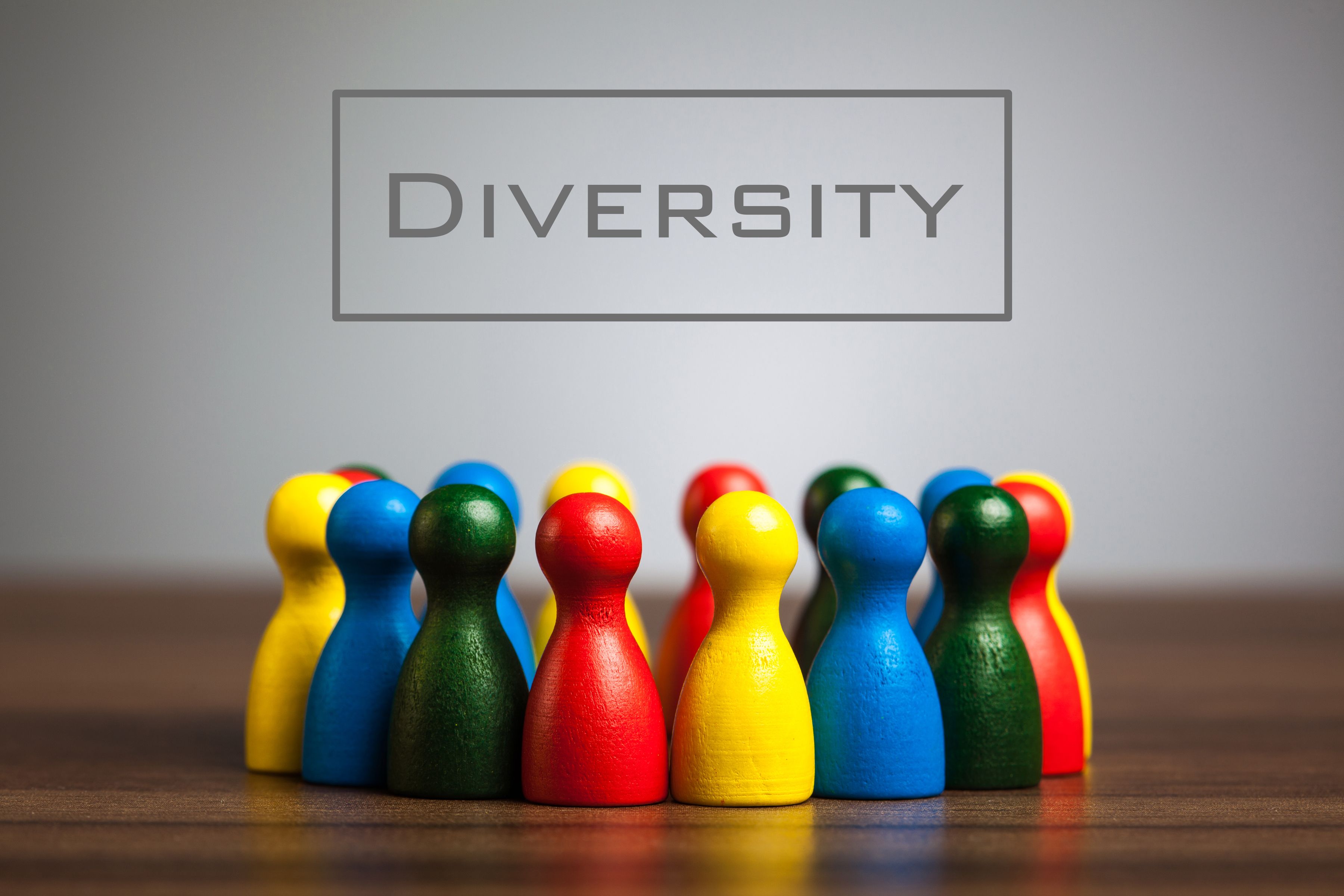Can diversity drive employee engagement?

“We all should know that diversity makes for a rich tapestry, and we must understand that all the threads of the tapestry are equal in value no matter what their colour”- Maya Angelou
The tapestry of organisational culture is also made up of different threads, with each thread representing the many diverse strands of any organisation. And it’s these diverse elements which define what kind of culture an organisation has built. Management theorists often concur that having a diverse and inclusive workforce can drive business benefits and help achieve organisational goals. But does it also enable and affect employee engagement?
As your knowledge partner in HR and a new-age recruitment specialist, we, at Talent Spa, understand the correlation between employee engagement and organisational diversity. Let us help you look at each of them as a separate entity first.
Employee engagement is an attitude
“Employee engagement is a positive attitude held by an employee towards the organisation and its values.” Not surprisingly, the attitude they develop towards the organisation can have a big impact on whether a business fulfills its organisational goals and business objectives. Studies show that employee engagement is linked to organisational success through increased productivity, performance, innovation, enhanced loyalty and satisfaction.
The essence of diversity – the UK picture
The true essence of diversity lies not only in acknowledging different races but also understanding and accepting various attributes of the employees, irrespective of their culture, skills, age, ability and life choices. That is when an organisation can define itself to be truly diverse.
Over the last few decades, UK employers have been successful in integrating diversity into their organisations. A few stats reaffirm the UK’s initiative towards understanding diversity across all socio-economic levels.
Other facts:
29.7% of academic professionals are over 50 years of age3.5 million disabled people are in work48% of employees in the UK are women62.7% of all professional and support staff are womenPart-time workers constitute 32% of the entire workforce
However, experts believe that UK employers are still taking the “tick-box” approach, which falls short of fully recognising and promoting diversity and equality. Policy makers (HR managers, senior management, board members etc.) need to create a balance between the requirements of an individual and that of a group to be able to address the needs of both. By doing so, organisations will be able to engage all employees on a common ground.
So, how can diversity engage employees?
To successfully achieve the bigger goals of today’s millennial organisations, employees need to be engaged first by encompassing all aspects of diversity.
Age
A wide age-range of employees within an organisation provides a great opportunity to drive interaction across various age groups, thus bringing experience driven perspectives to freshers and a youthful attitude to the senior teams.
Gender
The more balanced the gender equation is, the easier employees find it to connect with others, as opposed to a higher male-female ratio or otherwise.
Disability
Thinking beyond the box and hiring skilled but disabled professionals allows them an equal opportunity to thrive. When employees see such initiatives, they feel more emotionally connected to your organisation and hold high regard for the management – the first step to engaging them with your business.
Ethnicity
A workforce with diverse ethnic groups promotes more harmony, creativity and fresh perspectives to the business, and helps them work cohesively. Cross-cultural interactions further allow increased understanding of global and local markets, and promote employee engagement through targeted events and social support.
Sexual Orientation
The millennial employee has crossed the limitations of convention and is upfront about their life choices. They expect their employers to accept them the way they are, and hire them for their skills and not because of their lifestyle. An organisation that not only accepts the sexuality of their employees but also supports them, is more connected with their staff.
The aims and aspirations of millennials are different. Engagement is a key criterion for job-seekers and employees to find and stick with an organisation. So, before you develop the most advanced process of hiring or new techniques to retain your current employees, ask yourself this – are you the flag-bearer of diversity within your industry? Can you assure your employees of equality and inclusion at all levels? Because, without that, everything else will become insignificant.